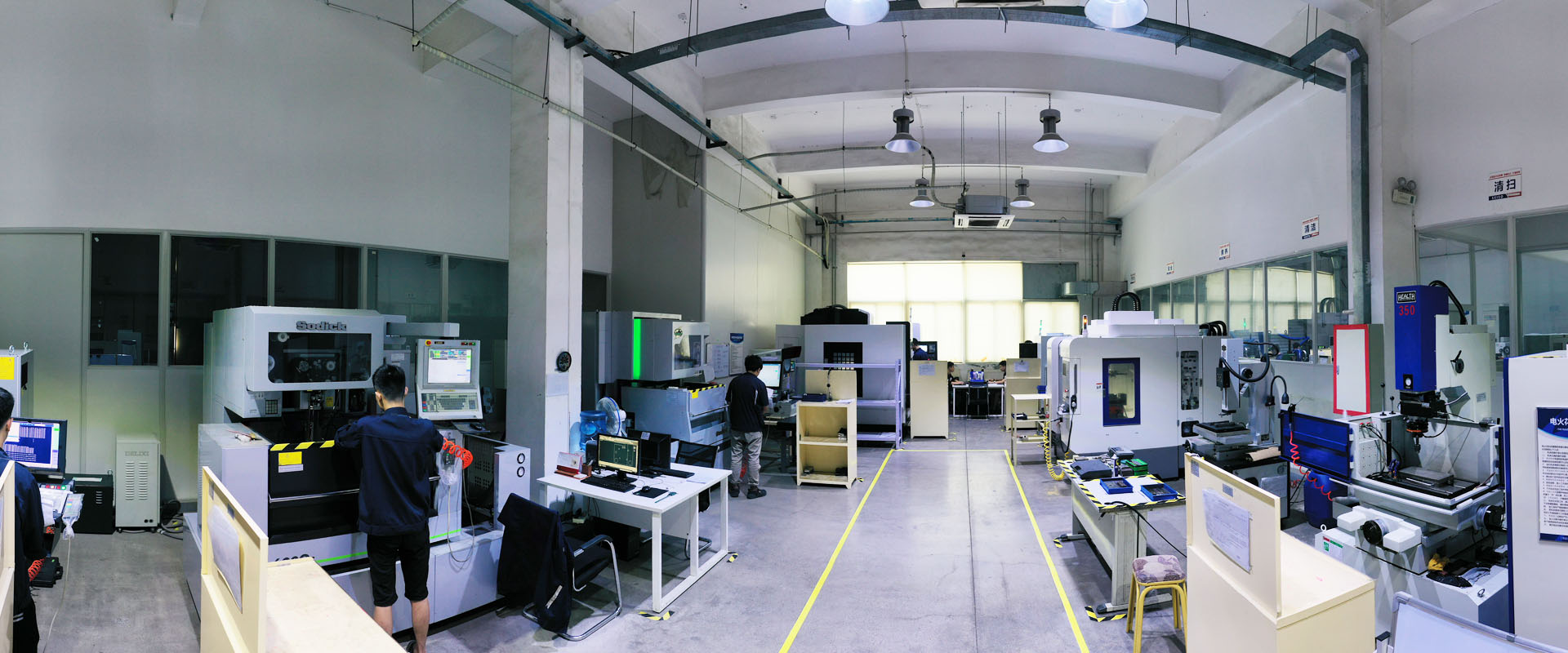In today’s complex global economy, industrial supply chains face increasing pressure to deliver components faster, with higher quality, and at a lower cost. For industries like aerospace, automotive, medical, and electronics, the reliability of CNC machining providers is more than a convenience—it’s a necessity. Trusted CNC partners play a pivotal role in maintaining stable production flows, minimizing risk, and enabling innovation. This article explores how reliable CNC providers help safeguard and strengthen critical industrial supply chains through consistency, flexibility, and technological integration.
1. Ensuring Consistent Part Quality and Tolerances
Precision is non-negotiable in high-stakes industries. CNC providers capable of holding tight tolerances and delivering consistent part quality ensure that downstream processes operate smoothly. A single out-of-spec component can lead to assembly delays, equipment failures, or even product recalls, which can disrupt not just a single production line but the entire supply chain.
Reliable CNC partners invest heavily in:
– Advanced multi-axis CNC machining centers capable of high-speed, high-precision production
– Automated in-process metrology and final inspection systems
– Statistical Process Control (SPC) and ISO-certified quality management systems (e.g., ISO 9001, ISO 13485, AS9100)
These tools and systems reduce variability, increase repeatability, and minimize human error, which are all crucial to maintaining operational integrity in mass production environments.
2. Reducing Lead Times and Supporting Just-in-Time (JIT) Manufacturing
Modern manufacturing systems increasingly depend on JIT principles to reduce overhead and optimize inventory levels. In this context, CNC providers that can consistently deliver parts on time are instrumental to the success of lean production strategies.
Key advantages offered by reliable CNC providers include:
– Rapid prototyping to accelerate development and reduce time-to-market
– Scalable capacity to support both low- and high-volume production requirements
– Streamlined order processing with automated quoting and real-time status tracking
By offering agile production planning and minimizing turnaround times, CNC providers enable manufacturers to reduce warehousing needs and respond more effectively to changing market demands.
3. Adapting Quickly to Design Changes and Engineering Updates
With product life cycles shrinking and customer expectations rising, manufacturers must respond quickly to design revisions and product customization. Reliable CNC providers help maintain momentum even when engineering changes occur mid-production.
Their strengths include:
– Seamless integration of CAD/CAM files to shorten setup times
– Rapid validation of modified designs through simulation and DFM (Design for Manufacturability) analysis
– Agile manufacturing cells capable of quick changeovers without compromising part quality
This capability not only supports product development but also enhances the agility of the entire supply chain, especially in highly regulated sectors like medical devices or aerospace.

4. Offering Material Expertise and Sourcing Stability
Material availability and specification compliance are often overlooked yet critical factors in supply chain performance. CNC providers with deep materials expertise help mitigate disruptions caused by global shortages, price volatility, or supply constraints.
What sets them apart:
– Knowledge across a wide range of materials including titanium, stainless steel, aluminum, PEEK, and engineering plastics
– Established relationships with vetted suppliers for fast and reliable sourcing
– Full traceability, material certification, and batch documentation for compliance
This assurance is especially important in industries where product safety and regulatory approval depend heavily on material integrity.
5. Enhancing Supply Chain Visibility and Communication
Effective supply chain management relies on clear, real-time communication among stakeholders. CNC providers equipped with digital tools offer transparent access to job status, inspection data, and delivery schedules.
This is made possible through:
– ERP and MRP system integration for live production updates
– Cloud-based portals for documentation exchange, drawing approval, and communication
– Real-time dashboards showing work-in-progress, inspection status, and shipment tracking
Enhanced visibility improves trust and collaboration across supply chain tiers, enabling faster decision-making and more accurate demand forecasting.
6. Supporting Risk Management and Business Continuity
Global manufacturing faces numerous risks—from geopolitical tension and trade policy shifts to pandemics and natural disasters. CNC providers with robust business continuity plans contribute to a more resilient supply chain.
Key strategies include:
– Dual-sourcing options and facility redundancy
– Contingency planning for tooling, fixtures, and programming
– In-house maintenance and inventory management to avoid unexpected downtime
Reliable providers are not only operationally prepared but are also proactive in communicating disruptions and offering alternative solutions to maintain production flow.
7. Enabling Scalable Production and Innovation
As companies transition from prototype to full-scale production, the ability to scale quickly without compromising quality is critical. CNC providers that invest in flexible capacity and automation infrastructure allow for smooth scaling.
In addition, experienced partners often collaborate during the design and R&D phase, providing DFM feedback and helping improve part functionality and cost-efficiency. Their role extends beyond manufacturing—they become innovation enablers.
Conclusion
CNC machining providers are more than service vendors—they are strategic allies in sustaining the reliability, flexibility, and resilience of critical industrial supply chains. Their contributions span far beyond machining alone: they ensure precision, manage materials, mitigate risk, and support innovation.
In a world where disruption is constant and quality expectations continue to rise, manufacturers must choose CNC partners who bring not just technical capabilities but also supply chain fluency. Investing in strong relationships with dependable CNC providers enables companies to maintain competitive agility, reduce costs, and lead in their respective industries.



